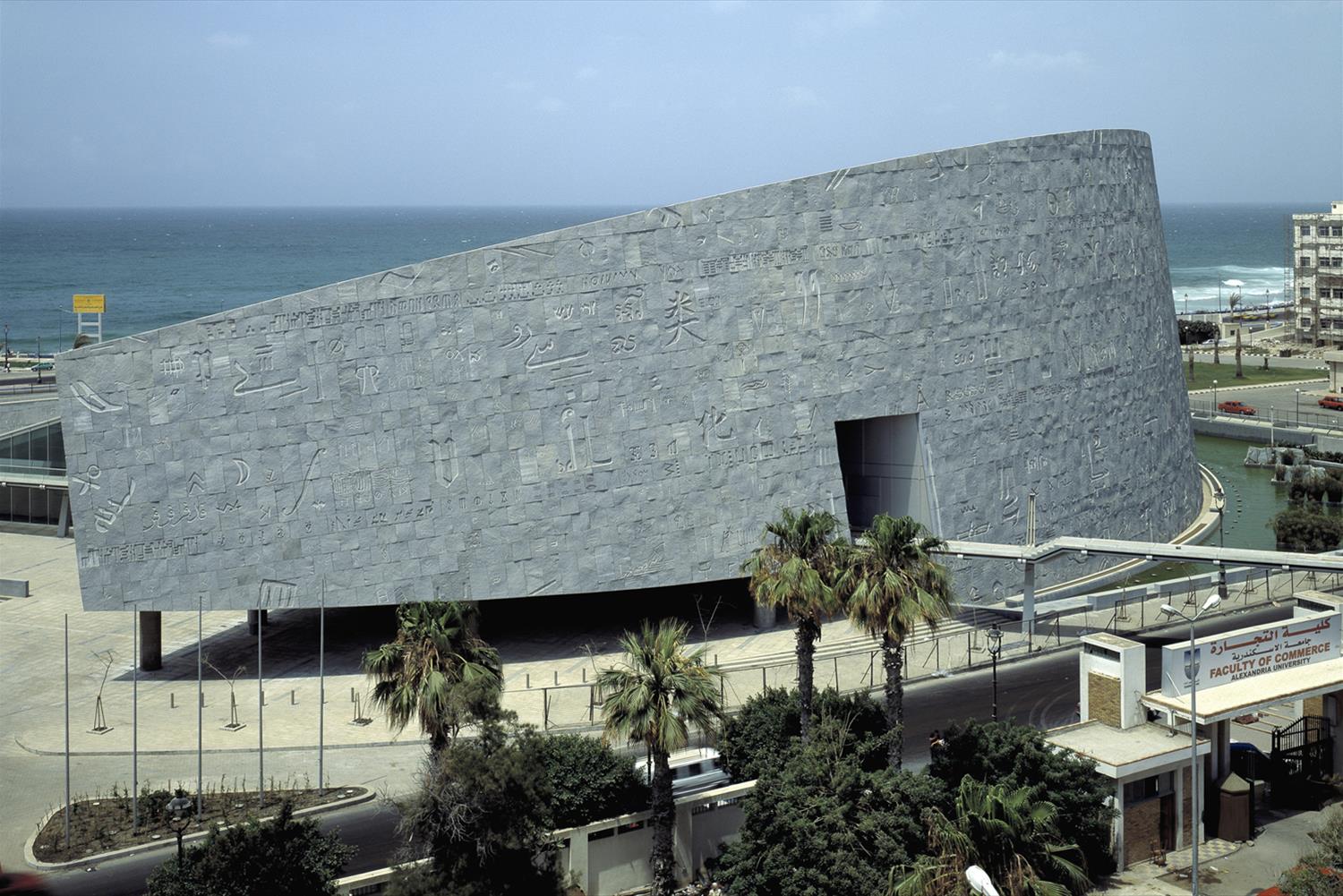From gibi to gibiteca:
origin and genesis of meanings historically situated
DOI:
https://doi.org/10.22478/ufpb.1809-4775.2023v19n1.64771Abstract
The purpose of this article is to study the word gibi, through a historical method, about the changes in its meaning and its social and cultural assimilation. It is considered that this artistic genre and source of information for the development of special collections requires critical studies on theoretical, lexical and historiographical approaches for a better understanding of these materials for the establishment of collections. In this research, the first records were found in newspapers from 1888, analyzed in the Virtual Hemeroteca of the Brazilian National Library Foundation. It was found that initially gibi was a nickname given to black people. Later, it became a racist slur directed at black boys, with the pejorative meaning of ugly and grotesque, published in advertisements and on comic pages of periodicals. Later the word was used to refer to the black boys who sold newspapers in the streets. From these little vendors came the inspiration for the title of the magazine Gibi, launched in 1939 by the publishing house O Globo. The success in sales of the magazine turned gibi into a synonym for comic books in Brazil, and the original meaning fell into disuse. The popularization of the term inspired Brazilian libraries to adopt the name gibiteca for their comic book collections.













